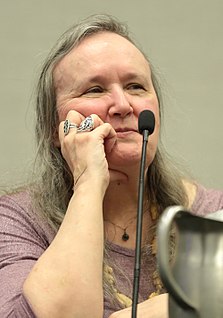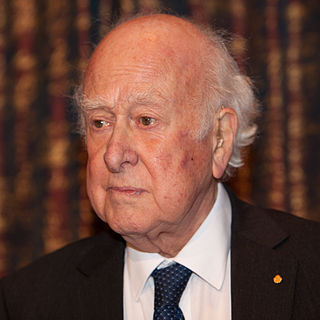A Quote by Malcolm Turnbull
Gone are the days when your indiscretions at university were recorded in a roneoed college newsletter of which there is only one copy left tucked in a filing cabinet at the back of a library. Today that same college newsletter is online, accessible by the whole world now and forever.
Related Quotes
Mostly I want to talk positive; I wanna talk about a bunch of great kids that I coached and made me look good and the university that I've seen grow from a cow college, which it was, only 12,000 people, and when I came here, we weren't at Pennsylvania State University, we were at Penn State College.
I liked Edinburgh as a university in a way that I'd never enjoyed King's College London. I realised after I came to Edinburgh that perhaps it was a mistake to have gone to a college which was bang in the centre of a vast city. It had a bad effect on the social life of the students because a lot of them were commuting from outer London.
When I look at what I'm doing today, I see [the] roots in my college life. I was the online editor of my college paper and an active member of the Harvard Computer Society. I abandoned a summer internship at the Washington Post due to injury and instead did theatre. I found my comedic voice through satirical newsletters in college.
When I went to college, I went to a junior college. I wanted to go to the University of Alabama but had to go to junior college first to get my GPA up. I did a half-year of junior college, then dropped out and had my daughter. College was always an opportunity to go back. But she, my daughter, was my support. I gave up everything for her.


































